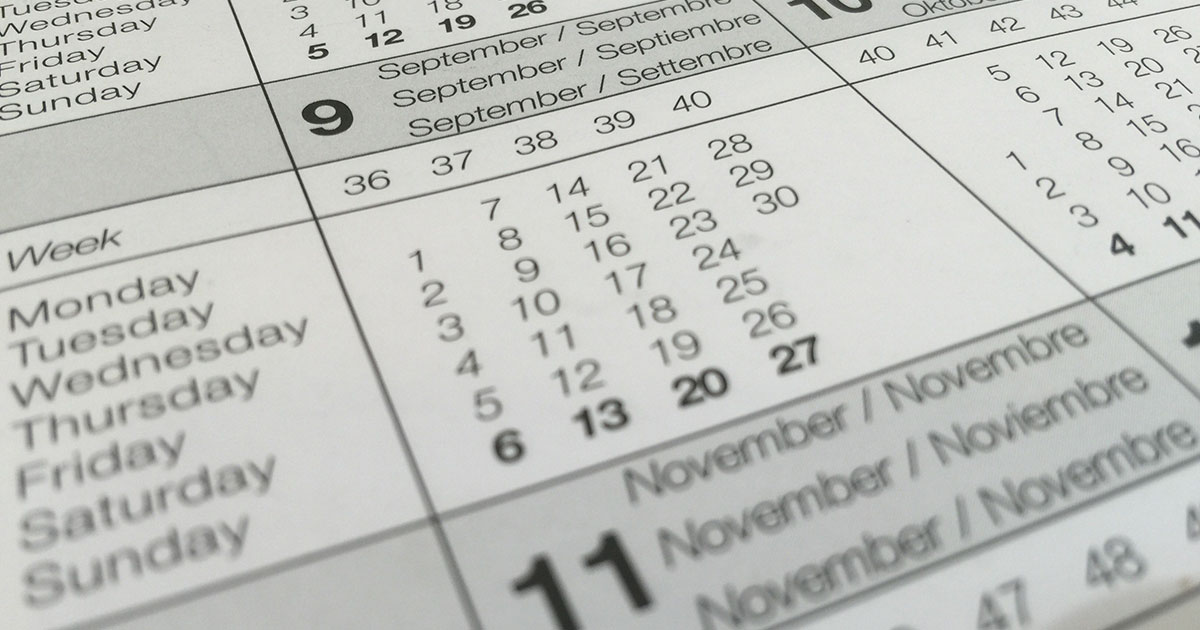In certain situations, a person who has applied for social security disability benefits like SSDI & SSI can remain eligible even if they have engaged in work activity following the onset of their disabling impairments. Here are several examples:
Work below Substantial Gainful Activity
The Social Security Administration defines being disabled as “the inability to engage in any Substantial Gainful Activity (SGA) by reason of any medically determinable mental or physical impairment which . . . has lasted or can be expected to last for a continuous period of not less than twelve months.” (See Social Security Act, 42 USC § 423(d) and SSR 73-7(c)).
Earnings are considered ‘substantial gainful activity’ or SGA when they exceed $1,220 gross, pre-tax, per month (for a non-blind individual) as of 2018. If an individual is working but earning less than $1,220 per month, then Social Security may determine that they are not engaging in SGA. However, the SSA does consider other factors in addition to the amount of your earnings when determining whether you are capable of SGA.
Unsuccessful Work Attempt
Another exception to work activity after the onset of disability is called an “unsuccessful work attempt.” An unsuccessful work attempt allows an individual to engage in work and earning income without necessarily jeopardizing their eligibility for disability benefits. If a person goes back to work after the onset of their disability, and then stops working after 6 months or less, this may be considered an unsuccessful work attempt – if certain conditions are met.
There are different criteria to evaluate an unsuccessful work attempt, and some of the rules as published by the SSA are fairly complex. If you have any questions about what constitutes an Unsuccessful Work Attempt, you can always ask the SSA – or your disability advocate – for help understanding the regulations.
Trial Work Period
A “trial work period” allows an individual to test his or her ability to work while still receiving their disability benefits. It provides an incentive for a disabled individual to try and re-enter the workforce without the threat of losing their benefits if they are unable to sustain that work. A trial work period can last for a total of 9 months (even if they’re not consecutive) during a rolling 60 month period. A trial work period can begin no earlier than the month you file your application for disability benefits, and no earlier than the month you first become entitled to disability benefits. If you are only receiving Title XVI benefits, you are not entitled to a trial work period.
The SSA’s Red Book
The SSA publishes a guide to working while disabled. It’s called the Red Book, and it’s a very helpful resource.
The SSA Red Book discusses such issues such as returning to work while receiving benefits, working part-time, engaging in substantial gainful activity (“SGA”), what factors will cause benefits to stop, what your reporting responsibilities are, unsuccessful work attempts, trial work periods, and employment supports for disabled people receiving benefits. The ultimate goal for many SSDI and SSI recipients is to become well enough to work again, at least to some degree. The SSA’s Red Book is a helpful guide as you consider these issues.
Thinking about applying for SSDI Benefits? Our quiz is easy and takes less than a minute!
See If You Qualify!
Already receiving disability benefits? We may be able to help you optimize your benefits & save money!
Click here to see how!
Get Your Questions Answered
If you are considering filing a claim, or already have a pending claim for Social Security Disability Insurance (SSDI) or Supplemental Security Income (SSI) and are still working or have decided to try to work again, please feel free to contact our disability analysts. We may be able to answer your questions about reporting requirements, trial work periods, how the SSA will handle your benefits after you go back to work, or other questions related to working while disabled.
We also recommend keeping detailed records and supporting documentation on any work activity, including pay stubs, documented absences, or special accommodations or work restrictions from your employer.
Sometimes work is evidence of non-disability, while other times your work history and performance may be evidence of disability. It is important to remember that we cannot tell you whether or not you should be working – that is up to you and your doctors.
It is also very important that you are completely honest with the SSA about what amount of work you are capable of doing.
About Citizens Disability, LLC:
Since 2010, Citizens Disability has been America’s premier Social Security Disability institution. Our services include helping people in applying for SSDI benefits, managing the process through Reconsideration, and representing people in person at their Hearing, and if necessary, bringing their case to the Appeals Council. Our mission is to give a voice to the millions of Americans who are disabled and unable to work, helping them receive the Social Security Disability benefits to which they may be entitled. Learn more about us and disability benefits like SSDI & SSI or give us a call (800)492-3260.
Citizens Disability is committed to helping keep people safe from fraud. We will never ask for personal details to start an SSDI application over Facebook or social media. We will only ask for certain details, in private messages, to confirm the identity of a client in a customer service situation. The only way to begin an SSDI application with us is on the phone, through a number found on our website, or one of our clearly-marked advertisements. Please keep your personal details safe, don't share them in a public forum, or with individuals who solicit your information.









